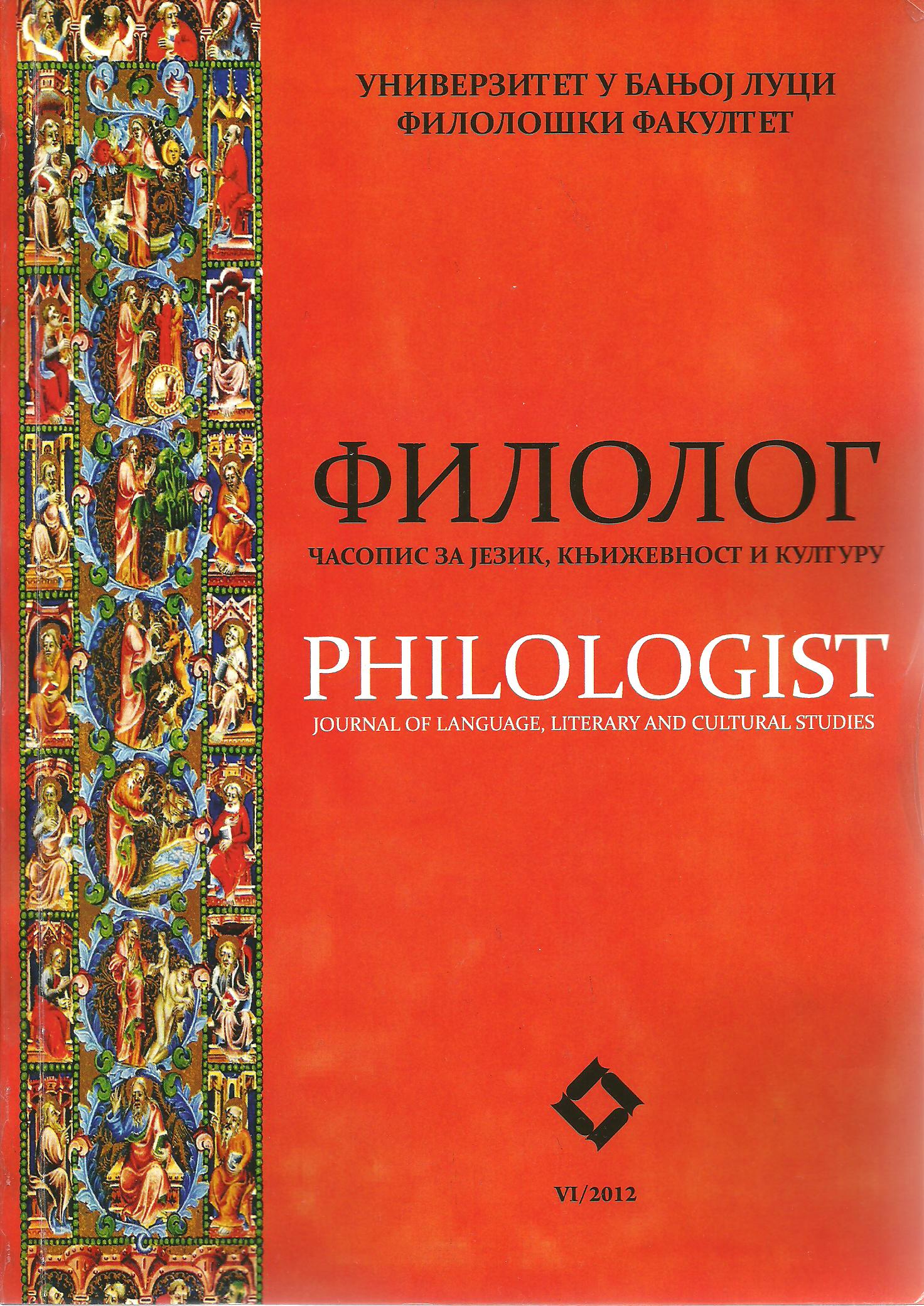Martin Crimp’s “The City”: Insecurities of modern speech
Martin Crimp’s “The City”: Insecurities of Modern Speech
Author(s): Dilek İnanSubject(s): Theatre, Dance, Performing Arts, Language and Literature Studies, Philology, Theory of Literature, Drama, British Literature
Published by: Филолошки факултет Универзитета у Бањој Луци
Keywords: Contemporary British Theatre; Martin Crimp; “The City”; Theatrical Speech;
Summary/Abstract: Stage language was reinvented by Samuel Beckett and Harold Pinter in England, in the second half of the 20th century. It is no longer based on the Aristotelian mimesis. Beckett and Pinter’s works have had direct influence on the 21st century tradition of new playwrights, one of whom is Martin Crimp. While Crimp explores a symbolic and absurdist landscape of cruel relationships, he also depicts current problems such as materialism, unemployment, marital aggression, mental illness, and loneliness in the British urban society. Crimp considers theatre an appropriate means to express this urban depression by employing fluid speech in which there are frequent interruptions and repetitions and where the lines overlap and the thoughts pile up in hesitations. He illustrates anxiety and fear of contact. This paper analyses the power of the stage language in Crimp’s 2008 play The City, which represents the chaos of postmodern reality within a space-time collage. The play problematises and challenges Britain’s text-based theatre culture and English naturalism.
Journal: Филолог – часопис за језик, књижевност и културу
- Issue Year: 2012
- Issue No: 6
- Page Range: 46-51
- Page Count: 6
- Language: English

